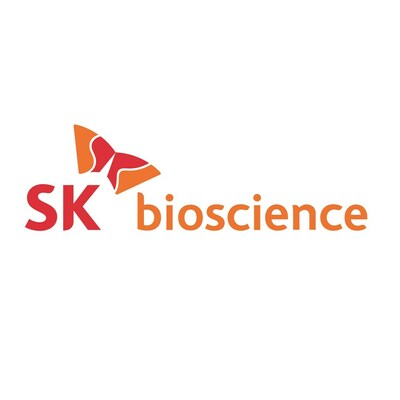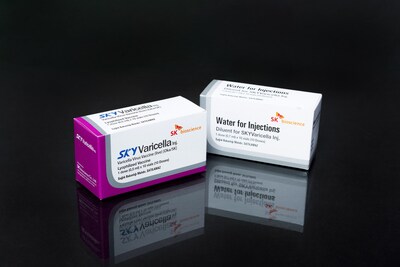 |
- Approximately 800 children aged 12 months to 12 years in Korea and abroad, aiming for completion by 2027
- Rising demand for 2-dose regimen as international standards amid projected global market growth to USD 6.3 billion by 3034
- SKBS continues strategic R&D to enhance global vaccine competitiveness of its vaccine pipelines
SEONGNAM, South Korea, Sept. 2, 2025 /PRNewswire/ — SK bioscience, a global innovative vaccine and biotech company committed to promoting human health from prevention to cure, today announced that it has submitted an IND (Investigational New Drug application) to the Ministry of Food and Drug Safety for a global Phase 3 clinical trial of SKYVaricella to add the 2-dose (two-shot) indication, aligning with evolving international standards that increasingly recommend two doses to provide stronger, longer-lasting protection against varicella. The trial will evaluate the immunogenicity and safety of two doses in roughly 800 children aged 12 months to 12 years, with completion targeted by 2027.

SK bioscience Submits IND for Phase 3 Trial of 2-Dose Varicella Vaccine Reflecting Global Standard Shift
Varicella vaccines have effectively reduced disease and complications with a single dose, which has been the standard in many countries. However, breakthrough infections may occur over time and international standards are shifting toward a 2-dose schedule to provide stronger, longer-lasting immunity and reduce community transmission.
WHO’s SAGE (Strategic Advisory Group of Experts on Immunization) officially recommended a 2-dose varicella vaccination in March 2025, boosting demand in global procurement markets including PAHO. The United States implemented a 2-dose schedule in 2006, cutting varicella incidence by over 85%, and countries such as Germany and Japan have since incorporated 2-dose regimens into their national immunization programs.
Since its launch in Korea in 2018, SKYVaricella obtained WHO PQ certification in 2019, becoming the second vaccine worldwide to achieve this, entering the international procurement market. It has been administered to over 5 million people globally, with supply expanded through Korea’s National Immunization Program, private healthcare providers, and international tenders such as PAHO. Recently, the company signed an additional supply agreement with PAHO for 2025-2027 and plans to accelerate its entry into the global varicella vaccine market through the development of SKYVaricella 2-dose regimen.
Global Market Insights projects that the global varicella vaccine market will grow from USD 3.4 billion (KRW 4.7 trillion) in 2024 to USD 6.3 billion (KRW 8.8 trillion) by 2034, at an average annual growth rate of 6.5%.
Ryu Ji-hwa, Head of Development Department of SK bioscience, said, “Our 2-dose varicella vaccine is a strategic pipeline that directly reflects updated international standards and rising market demand. Building on our WHO PQ-backed procurement experience and R&D achievements, we aim to complete development quickly and compete globally with reliable production and superior immunogenicity.”
About SK bioscience
SK bioscience is an innovative vaccine and biotech company, committed to vaccine development and manufacturing to enable more equitable access to vaccines around the world. Leveraging strengths on cutting-edge technologies, SK bioscience has been dedicated to promoting human health from prevention to cure across the globe. With the cooperation of domestic and international governments, regulatory agencies, healthcare providers, doctors, and medical experts, all of the SK colleagues are passionately committed to providing high-quality vaccines to those who need them and better public healthcare solutions.
SK bioscience Communications Team
Changhyun Jin (jin99@sk.com)
Jeannie S. Pak (j.pak@sk.com)


